When to Use ChatGPT vs. CPA Pilot – A Practical Guide for Tax Professionals
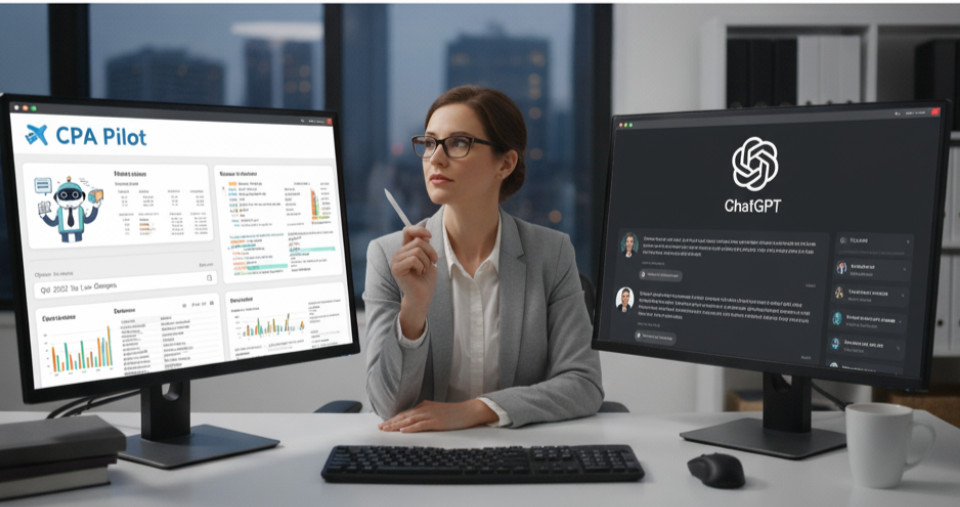
[Last Updated on 5 months ago]
Table of Contents
- When is ChatGPT more cost-effective than CPA Pilot?
- How does the quality of answers differ between ChatGPT and CPA Pilot?
- What about the quality of sources each tool uses?
- Which tool is safer for handling client data?
- What’s the practical framework for deciding which tool to use?
- What’s the final takeaway for tax professionals?
When is ChatGPT more cost-effective than CPA Pilot?
ChatGPT is ideal for low-stakes, high-volume tasks where cost per query matters more than authoritative accuracy. You might use it to draft newsletters, client-facing emails, marketing content, or summarize general IRS articles. Because ChatGPT is inexpensive on a per-message basis, it’s perfect for productivity and creative support without eating into your margins.
CPA Pilot, on the other hand, is designed for high-value, high-stakes work. Tasks like researching the tax implications of an S-corp conversion, building a client memo with citations, or confirming audit-ready positions carry significant financial and compliance risk. The higher per-query cost is justified by the defensible, authoritative answers CPA Pilot provides.
How does the quality of answers differ between ChatGPT and CPA Pilot?
ChatGPT shines when you need flexibility and creativity—for example, simplifying a complex tax concept into plain English for a client, or generating alternative ways to phrase outreach messages. However, ChatGPT does not guarantee that its responses are backed by authoritative tax sources.
CPA Pilot, by contrast, is purpose-built for precision and authority. Its answers come directly from the Internal Revenue Code, Treasury regulations, IRS guidance, and court cases. It also includes citations so you can trust the content in audit-ready memos, research notes, and client deliverables.
Use ChatGPT for clarity and tone. Use CPA Pilot when the answer needs to be technically correct and legally defensible.
What about the quality of sources each tool uses?
ChatGPT draws from a vast internet-trained dataset, which makes it broad but also vulnerable to “hallucinations” or outdated references. This means you always need to fact-check ChatGPT’s tax-related output.
CPA Pilot, however, is restricted to federal authoritative sources. That means you’re getting answers rooted in the Tax Code, IRS publications, official regs, and court rulings. No guesswork—just authoritative research.
Which tool is safer for handling client data?
ChatGPT (in its consumer-facing form) is not intended for confidential tax data. Entering Social Security numbers, tax IDs, or entire tax returns into ChatGPT raises compliance and data security risks.
CPA Pilot is built for tax professionals handling sensitive information. It is designed with security in mind so you can safely input taxpayer data, run scenario analyses, and store client-specific research without risking Circular 230 or data privacy violations.
What’s the practical framework for deciding which tool to use?
- Use ChatGPT when you need:
- Drafting newsletters, marketing content, or FAQs
- Generating ideas for outreach campaigns
- Translating tax jargon into client-friendly language
- Automating repetitive, non-sensitive tasks
- Use CPA Pilot when you need:
- Tax research with authoritative citations
- Scenario modeling and planning (e.g., entity choice, Roth conversions, deductions)
- Memos and audit-ready workpapers
- Confidential client Q&A that requires data security
What’s the final takeaway for tax professionals?
Both tools are valuable—but they are not interchangeable.
- ChatGPT is your productivity booster for creative, high-volume, non-sensitive work.
- CPA Pilot is your authoritative research assistant for complex, client-facing, or audit-sensitive tasks.
The most effective tax firms will use both strategically: ChatGPT for volume and CPA Pilot for value. This ensures efficiency, accuracy, and defensibility in every area of your practice.

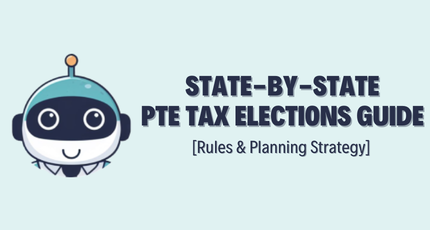
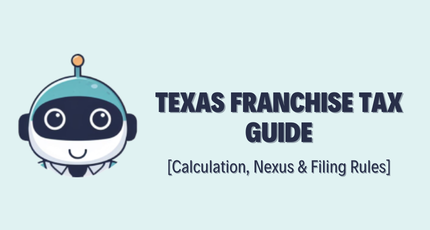
![Florida Tax Planning – Residency, IRS & Multi-State Risk [2026 Guide]](https://www.cpapilot.com/blog/wp-content/uploads/2026/02/Florida-Tax-Planning.png)
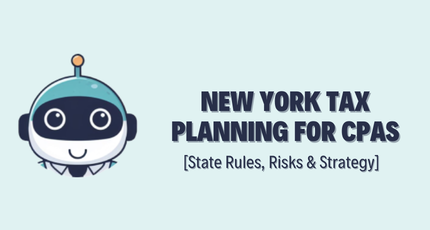
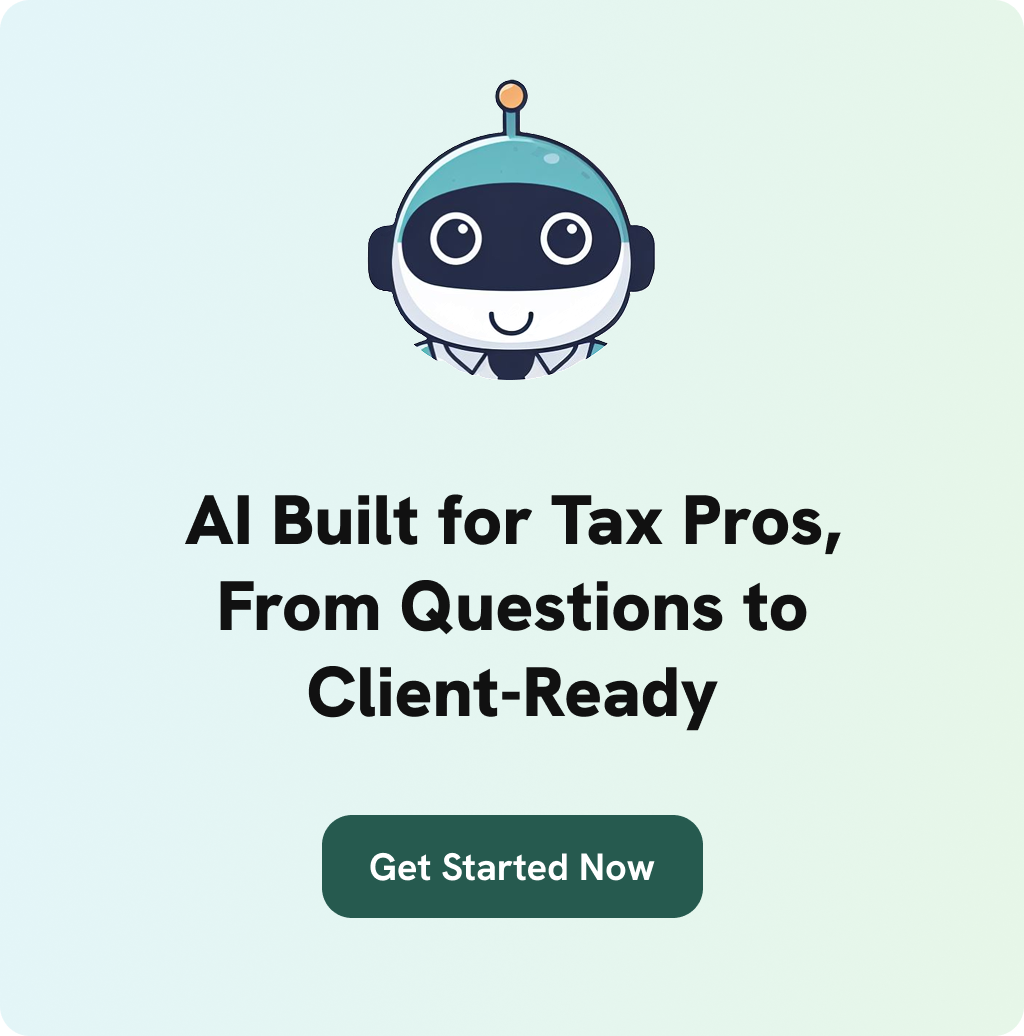
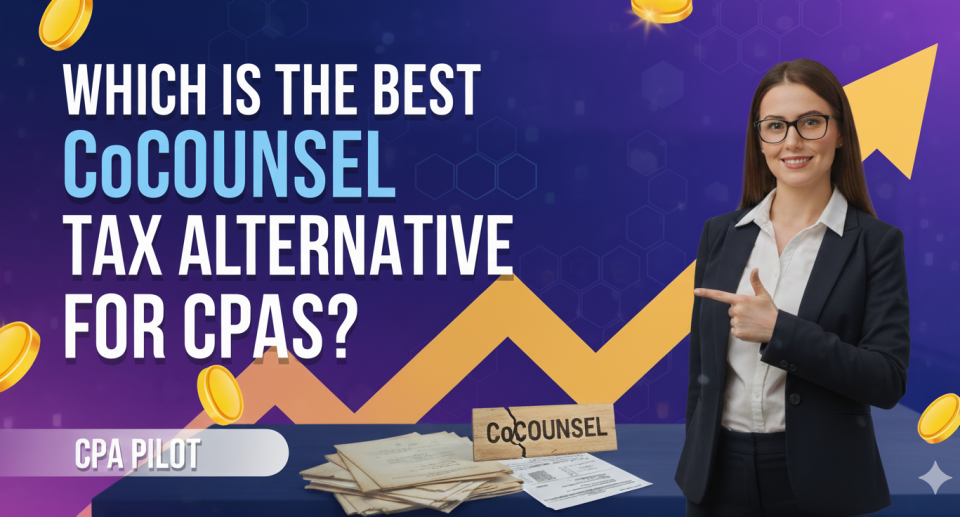
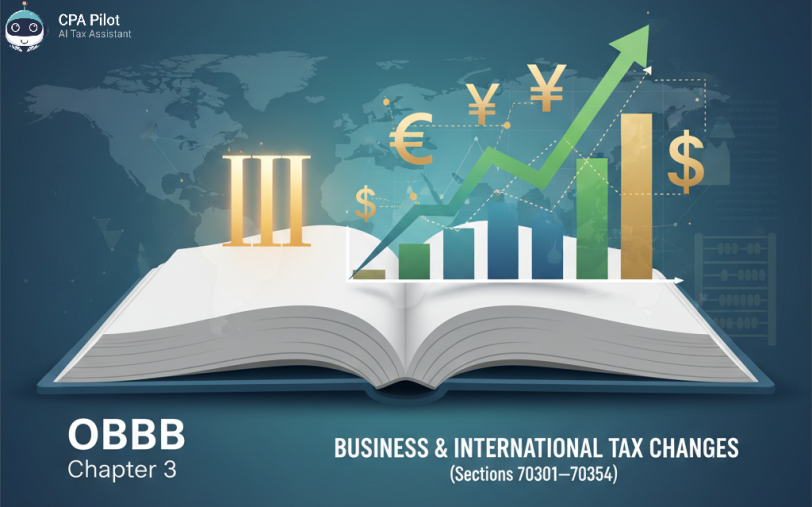

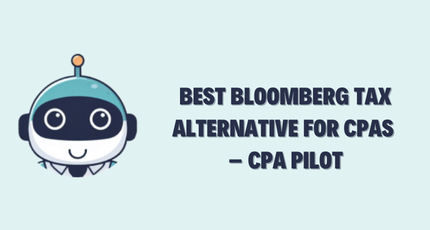
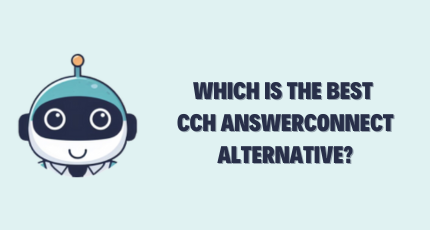
![Best AI Tax Planning Tools for CPAs [2026 Comparison Guide]](https://www.cpapilot.com/blog/wp-content/uploads/2026/01/AI-Tax-Planning-Tools-Comparison.png)